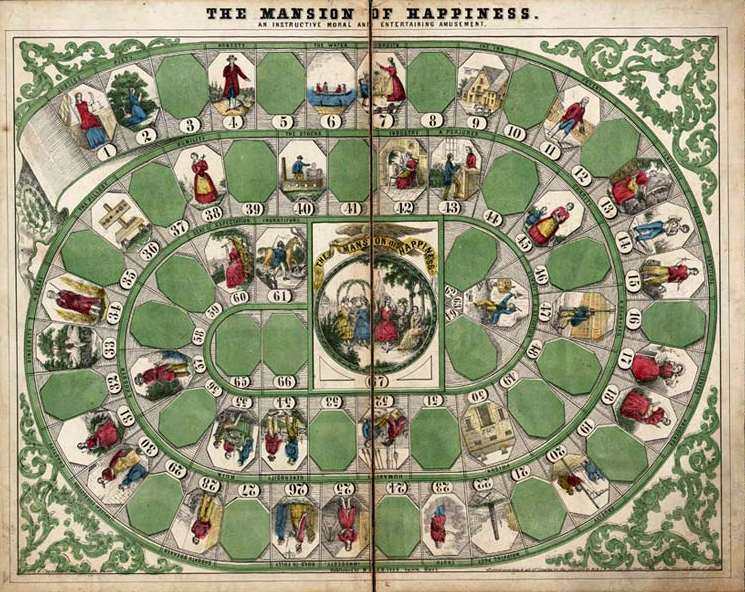Submission date for Proposals : September 15,2023

Victorian Review invites submissions for a special issue devoted to the topic of “Videogames and Victorian Studies.” This issue will consider how game texts interact with Victorian genres, aesthetics, and literary themes by commenting on or critiquing their original contexts. Articles will examine how the embodied, user-driven mode of storytelling employed by videogames can offer new engagements with the era’s many lingering legacies in the present. This includes, but is not limited to, questions of class, race, gender and sexuality, colonialism, the professionalization of science, ableist modes of reading, etc.
How do video games, from indie darlings to AAA titles, preserve the influences of the Victorian era and introduce its literature and culture to new audiences? How do games involve users with agentive play that immerse them in nineteenth-century concerns and perspectives? How can game environments, user participation, and active play enrich our understanding of the Victorian period? And how is our understanding of the period evoked, deconstructed, or reaffirmed through game narratives, design, and gameplay?
Possible topics include – but are not limited to:
- Victorian aesthetics and the videogame.
- Perspectives of disability studies in relation to game themes, genres or modes.
- Queering Victorian texts through gaming form, theme or narrative.
- Combat and colonialism (as critique or underexamined re-entrenchment) in games
- Victorian themes and genres re-worked in unexpected ways through game worlds and environmental design.
- Adaptations of Victorian texts, figures or histories in games.
- Victorian-era predecessors or precursors to the videogame – texts that anticipate interactivity, games, virtual realities, etc.
- Examinations of Victorian texts/games from a ludology or narratology critical perspective (or its debates).
- Representations of Victorian-era historical events.
- The use of gameplay, mechanics, and/or design to engage Victorian-era genres or themes.
Proposals of 400-500 words should be submitted along with a 60-word author biography and one-page CV to Brooke Cameron (brooke.cameron@queensu.ca) and Lin Young (lyoung1@mtroyal.ca) by September 15, 2023.
We will notify applicants of results by October 15, 2023. Following acceptance, final papers should be between 5,000 and 8,000 words and will be due by January 15, 2024.
